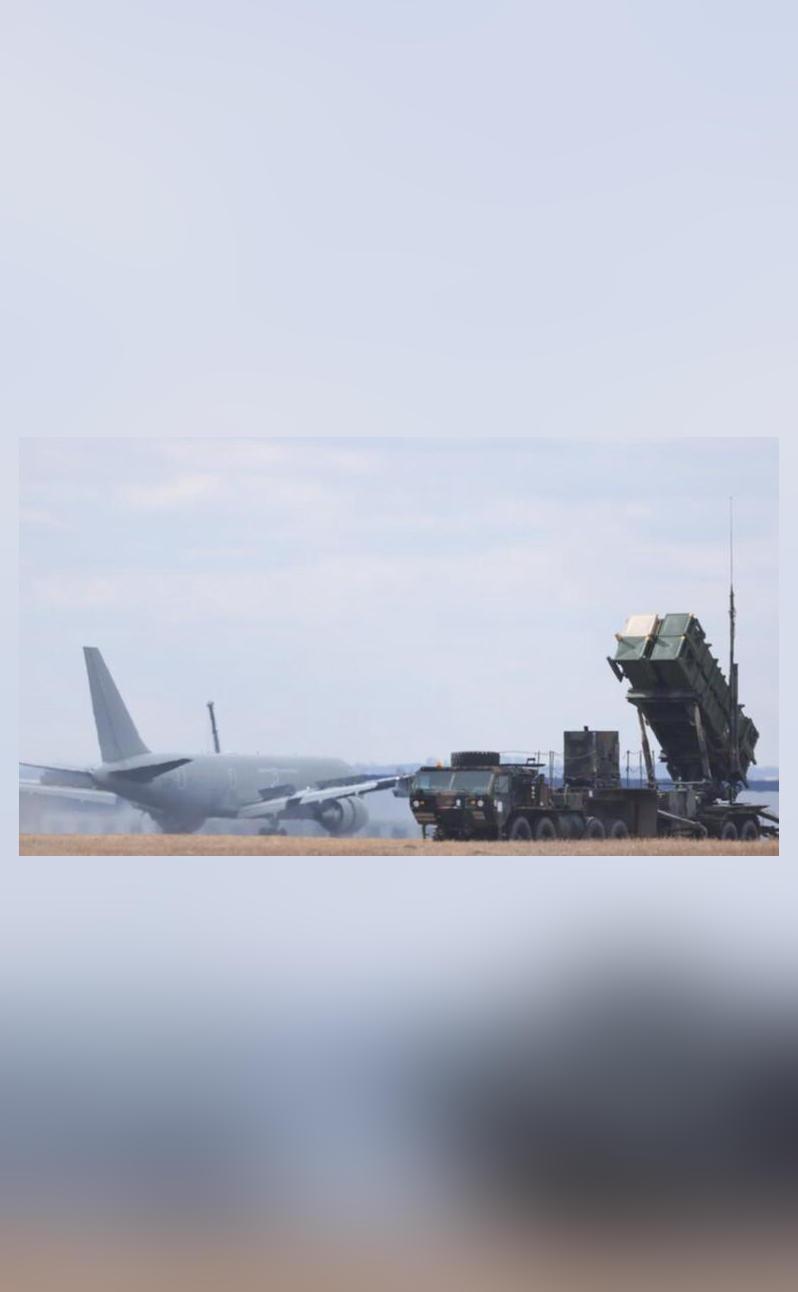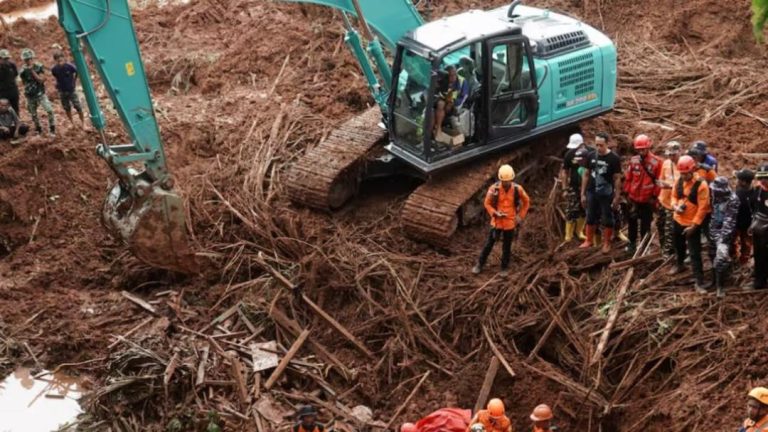
Ukraine, NATO Treating Our Infra as if it’s Their Own: Poland
In a dramatic turn of events, Poland’s President Andrzej Duda has accused Ukraine and NATO of treating Polish infrastructure as if it were their own, and threatened to shut down the country’s main transit hub for Western military aid to Ukraine. This bold move comes as tensions between Poland and Ukraine continue to escalate, with Duda calling the situation a “scandal.”
Poland’s President Andrzej Duda made the surprise announcement during a press conference, where he expressed his deep frustration with the lack of transparency and involvement in decisions regarding the flow of military aid through Polish territory. According to Duda, Poland had not been included in key international bodies responsible for making decisions on aid delivered via Polish soil.
“We cannot accept that foreign powers – and not the Polish government – are deciding how our infrastructure should be used,” Duda said. “This is a scandal, and we will not tolerate it.”
The controversy centers around the use of Poland’s eastern border with Ukraine as a major transit hub for Western military aid to Ukraine. The majority of the aid, including weapons and equipment, is being transported through Poland and other European countries before being delivered to Ukraine.
Poland’s President Duda has long been a vocal critic of the lack of transparency and cooperation from Ukraine and NATO in regards to the flow of military aid through his country. He has repeatedly expressed concerns about the safety and security of Polish citizens, as well as the potential environmental and economic impacts of the aid shipments.
However, Duda’s latest announcement has taken things to a whole new level. He has threatened to shut down the main transit hub for Western military aid to Ukraine, which would effectively halt the flow of aid to Ukraine. This move would undoubtedly have significant consequences for Ukraine’s military efforts, as well as the broader global implications of the ongoing conflict in Eastern Europe.
The decision to shut down the transit hub is not without precedent. In the past, Poland has already taken steps to restrict the flow of military aid through its territory. In 2020, Poland banned the transportation of military equipment and weapons through its territory, citing concerns about the safety and security of its citizens.
Poland’s President Duda is not alone in his concerns. Many Poles are opposed to the flow of military aid through their country, citing concerns about the potential risks and consequences. A recent survey found that over 60% of Poles are opposed to the transportation of military equipment and weapons through Poland, with many expressing concerns about the potential environmental and economic impacts.
The controversy surrounding the flow of military aid through Poland highlights the complex and often fraught relationship between Poland and Ukraine. While both countries share a long and troubled history, including a shared experience under Soviet rule, their relationship has been marked by tensions and disagreements in recent years.
The conflict in Eastern Ukraine has been a major point of contention between the two countries. Poland has long been a vocal critic of Russia’s actions in Ukraine, and has called for increased international pressure on Russia to end the conflict. Ukraine, on the other hand, has been criticized for its handling of the conflict, with many accusing the government of failing to do enough to address the humanitarian crisis.
The situation is further complicated by Poland’s membership in NATO, which has led to increased tensions with Russia. Poland has been a key player in NATO’s eastern flank, and has played a major role in shaping the alliance’s policy towards Russia.
In conclusion, Poland’s President Andrzej Duda has made it clear that his country will no longer tolerate the use of its infrastructure as if it were the property of foreign powers. The controversy surrounding the flow of military aid through Poland highlights the complex and often fraught relationship between Poland and Ukraine, as well as the broader tensions between Poland and Russia.
As the situation continues to unfold, it remains to be seen how Poland will proceed. Will the country follow through on its threat to shut down the transit hub, or will it find a way to negotiate a more favorable arrangement with Ukraine and NATO? One thing is clear, however: Poland will not be ignored or treated as if its infrastructure is the property of foreign powers.






